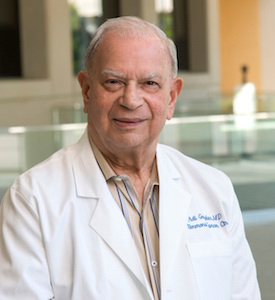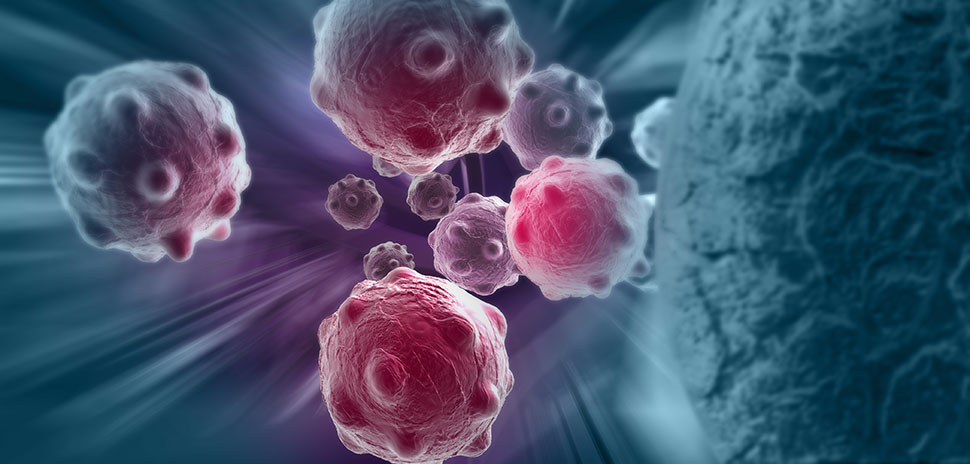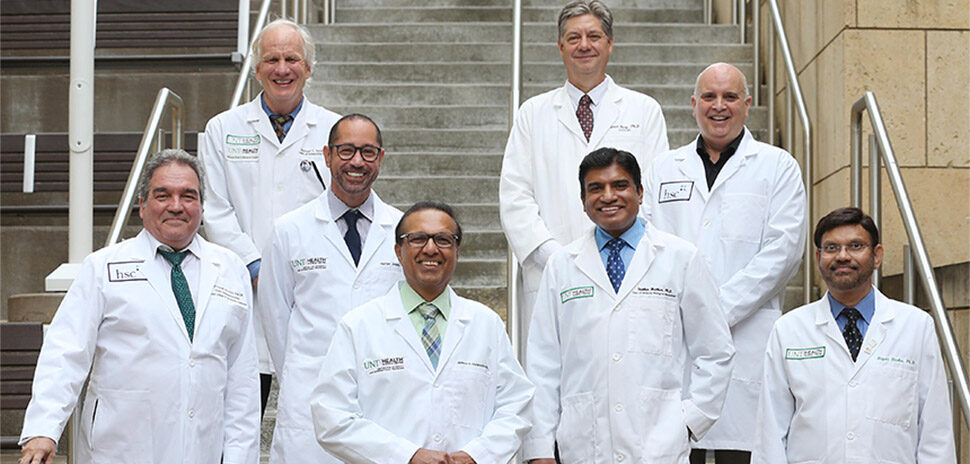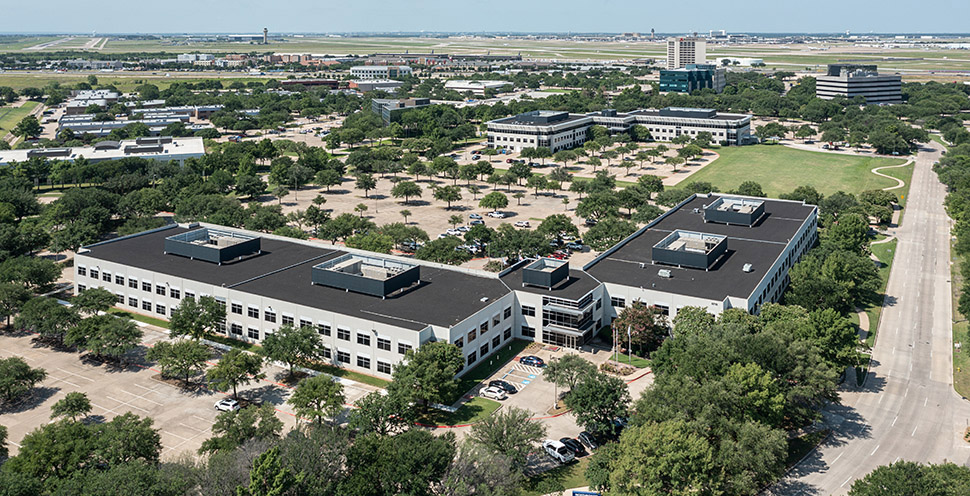Researchers at UT Southwestern Medical Center have discovered a new biomarker for a common type of brain cancer that may help them with the best course of treatment by determining a cancer’s aggressiveness.

Dr. Adi Gazdar
According to a news release, the researchers at the Harold C. Simmons Comprehensive Cancer Center found the new biomarker for glioma. They found that the expression of a gene called SHOX2 forecasted poor survival in intermediate grades of glioma, the release said.
Cancers of the brain and nervous system affect roughly 24,000 people a year. UTSW said that in 2013, there was an estimated 152,751 people living with such cancers in the United States.
Overall, the survival rate for those cancers is 33.8 percent, UTSW said.
GENE IS A POTENT TOOL IN FORMULATING BEST TREATMENT
“As an independent biomarker, SHOX2 expression is as potent as the currently best and widely used marker known as IDH mutations,” Dr. Adi Gazdar, professor of pathology in the Nancy B. and Jake L. Hamon Center for Therapeutic Oncology, said in the release. He is a member of the Simmons Cancer Center.
Gliomas generally arise because of aberrations in normal brain cells. It can be fast-, intermediate-, or slow-growing, depending on the nature of the aberration, UTSW said.
SHOX2, in combination with IDH mutations or several other biomarkers help researchers identify subgroups of patients with a good prognosis even though other biomarkers predicted a bad outcome, the release said.
To find out more more about gliomas and the UT Southwestern research, go here.
Delivering what’s new and next in Dallas-Fort Worth innovation, every day. Get the Dallas Innovates e-newsletter.



































































